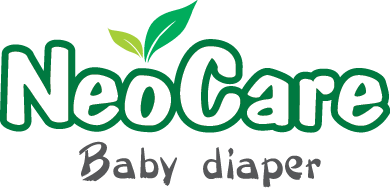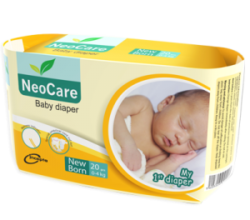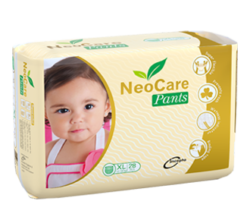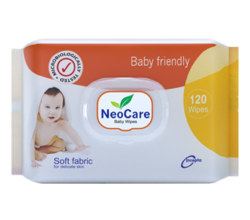New Born
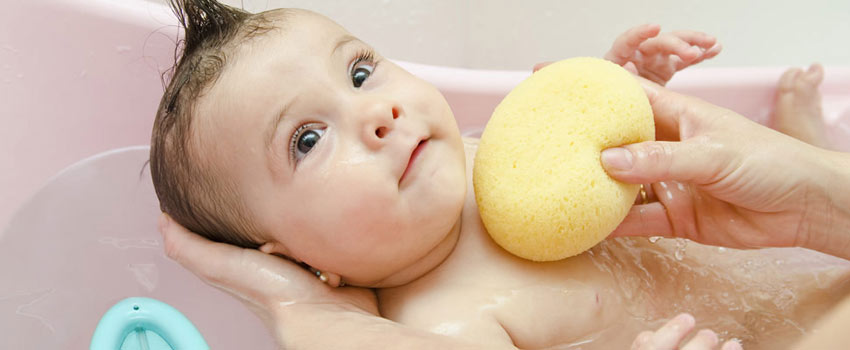
Before the newborn baby’s navel is dry, bathing should be avoided. However, the baby’s body can be cleaned by clothes or sponge bath.
Increase the temperature when the house is cold and pour hot water in bathtub at 90 degrees Fahrenheit so that the water is one or two inches higher in it.
Arrange a bathtub for bathing, some clothes for washing, cotton pad, soap for children a towel and a new diaper.
Take off the baby’s clothes, keep his/her head and neck on one hand and slowly keep the lower part of the body in the bathtub.
To make the bath comfortable, gently pour the warm water into the baby’s body so that he/she does not feel cold.
First of all, remember that the baby will feel water for the first time. So, he/she might be uncomfortable. Many newborns cry during this time. That is why you should bring the baby to the water very slowly. Do not splash water on her suddenly. Shortly, the baby will adapt to water. However if the baby cries a lot, then you should get him/her out of the water.
To clean the face and body of the baby you can use soft clothes, cotton pad or your hand. For this, there’s no need to use too much soap. Slowly lift the child from the bathtub and wrap his body with a towel as the wet body of the baby is very slippery.
Be careful if the baby’s navel is not completely dry yet. It will be better not to use water. Otherwise it can cause infection. As long as the pulse of the newborn doesn’t get dry, there is no harm even if the newborn doesn’t have a bath. In such cases, the newborn’s body can be sponged bath carefully.
Once the navel becomes dry, the baby can have bath. During summer, newborn can take bath for 2-3 times per a week so that the baby remains healthy and well. For bathing the baby, you can use light warm water. Never use normal water. It’s likely that the baby will catch cold.
Remember that, you have to fill the vessel up to 2-3 inches of water. Now clean the body thoroughly with water. You can use soaps which are made especially for newborns to clean the dirt that is found during the birth.
After bathing, softly wrap the baby into a very soft and thick towel and make the body of the baby completely dry so that he/she can’t catch up with cold.
Be careful, so that water does not enter into the baby’s ears and nose during bathing. If water enters in ears, then your baby can suffer from Timpanitis. Besides, baby can suffer from respiratory problems if water enters into nose. So, be careful enough during bathing. Instead of making gathering and screaming, one person should take the responsibility of bathing.
Give the baby a clean diaper as soon as possible to avoid accidental defecation.


